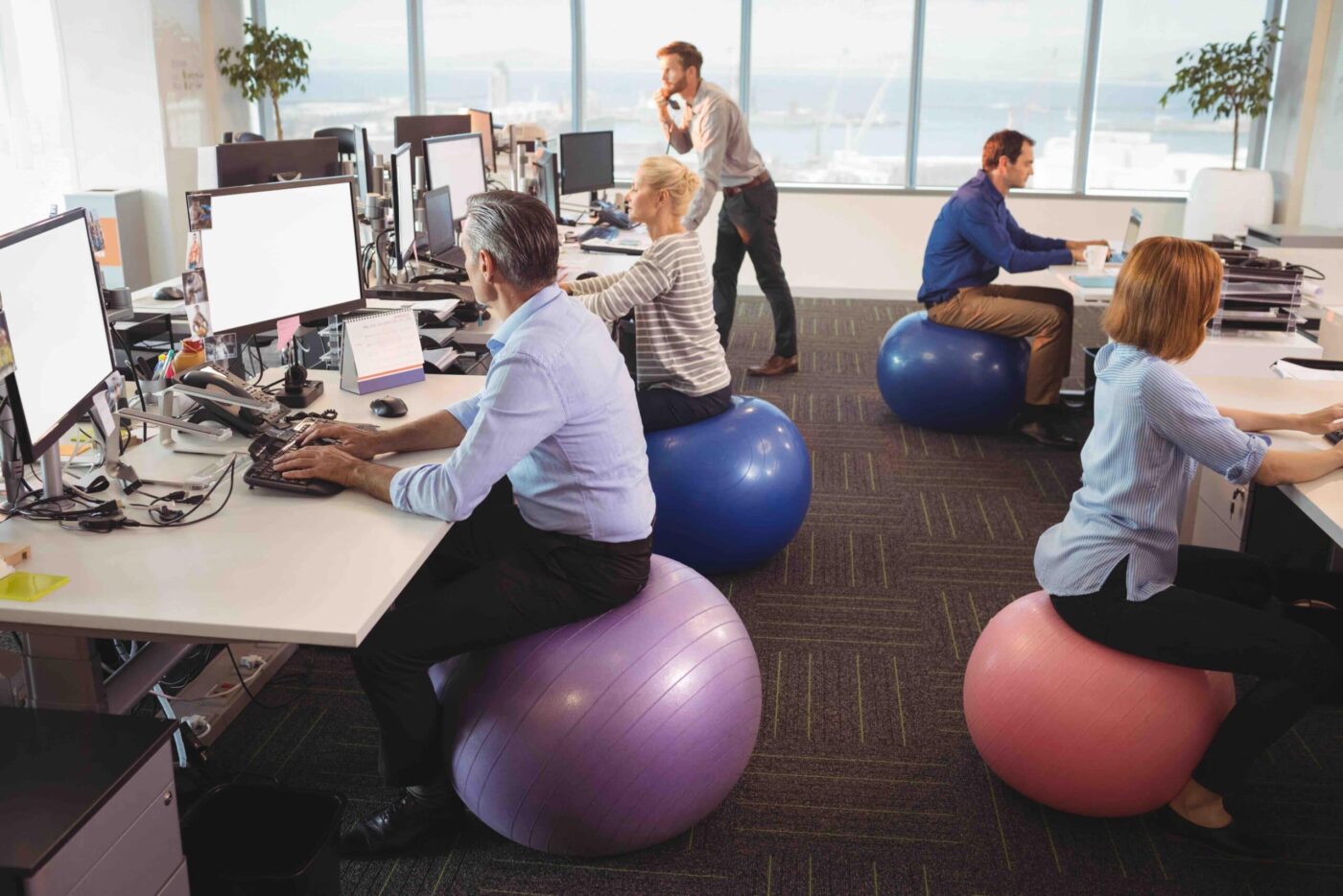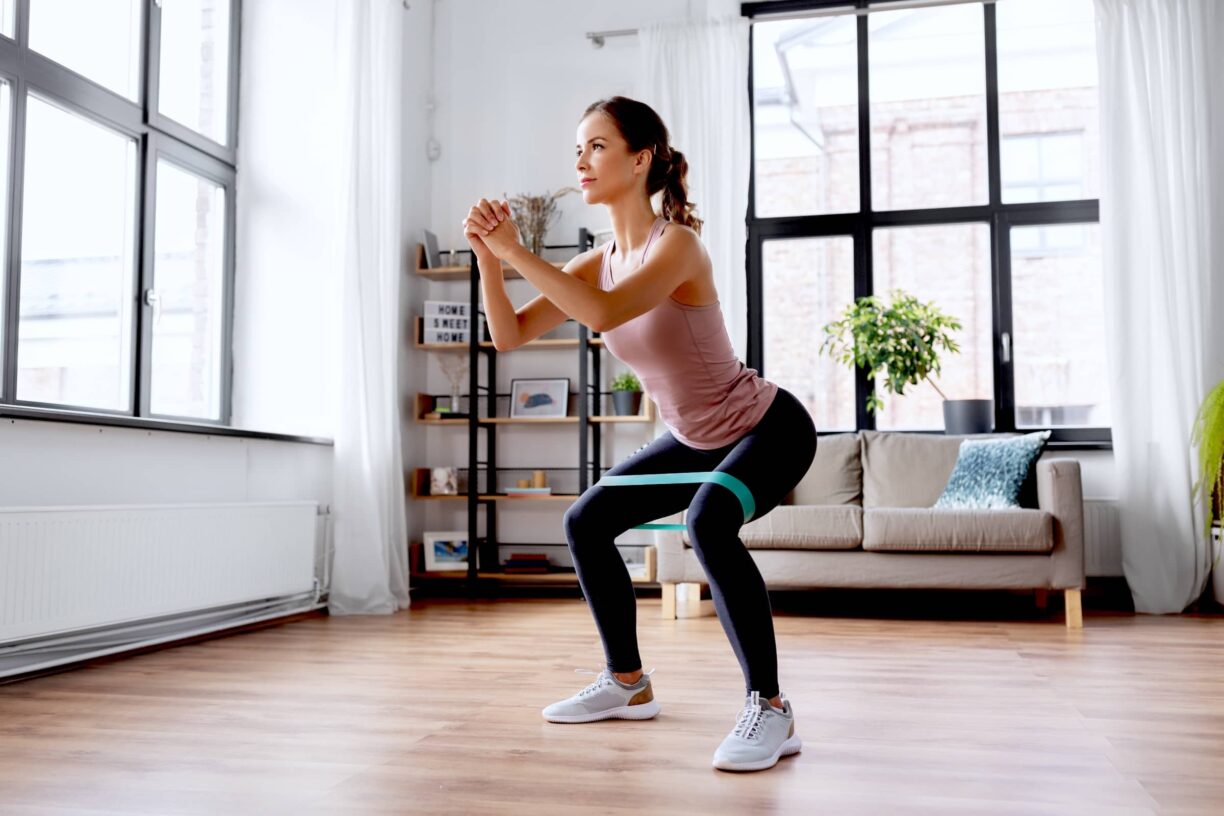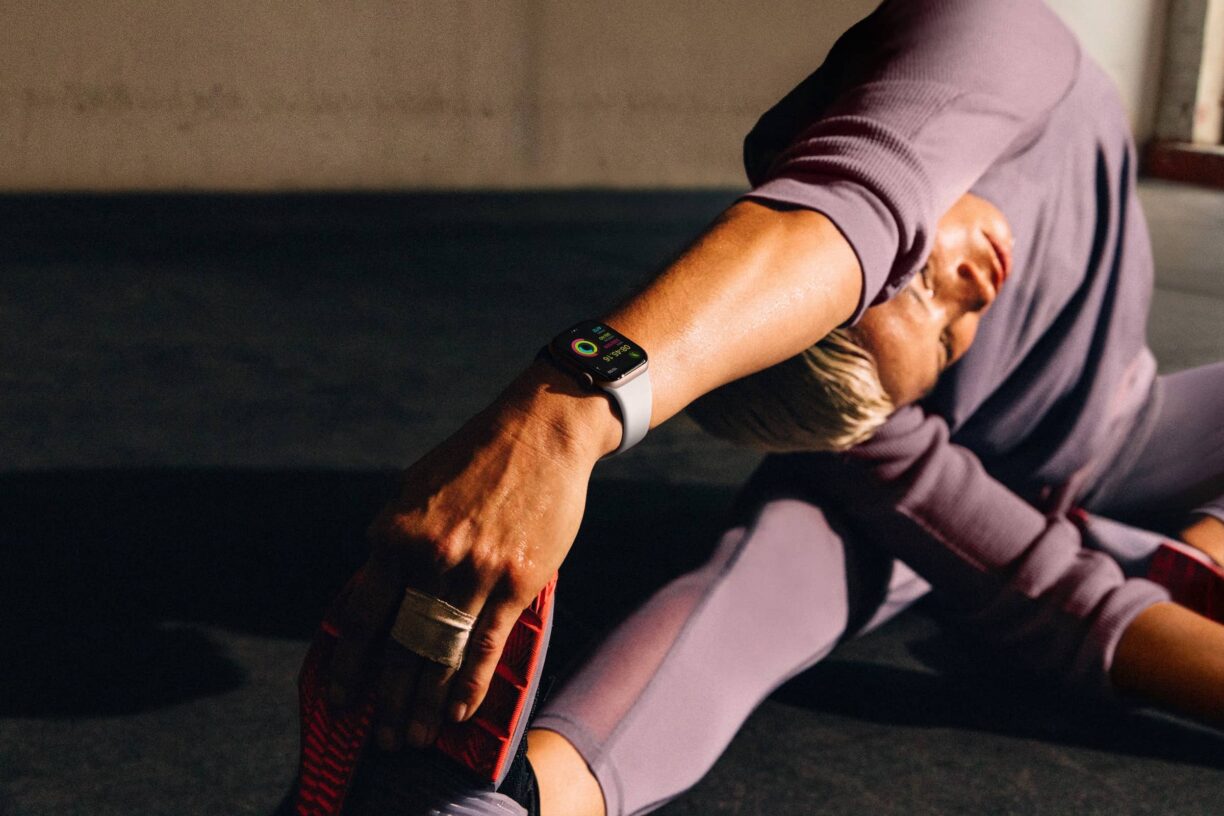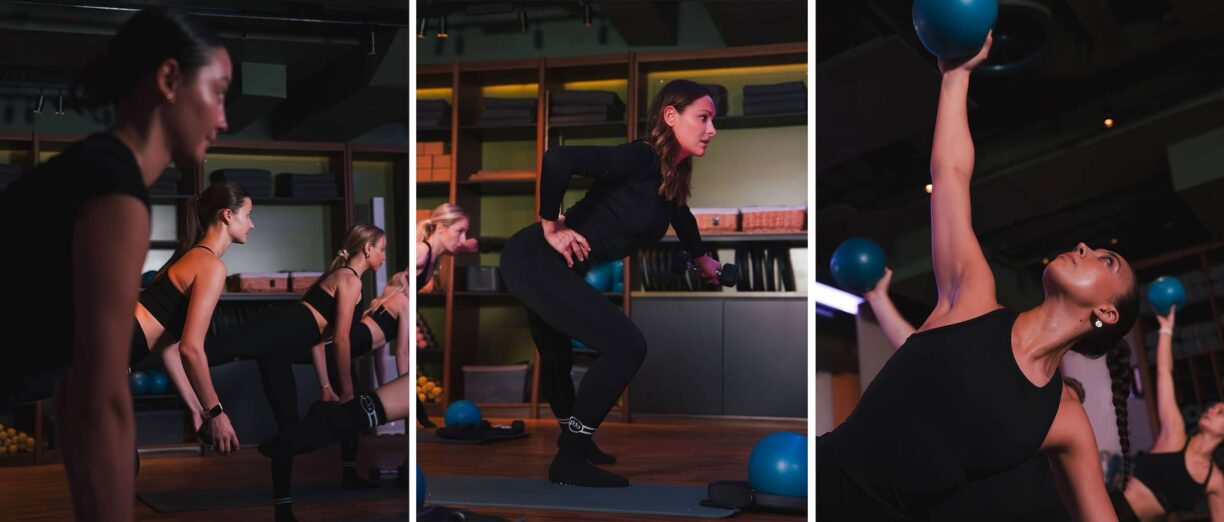Looking for a career that offers work-life balance when it comes to keeping fit? PureGym’s new UK Fitness Report explores the relationship between work and exercise, revealing which professions work out the most (and the least) as a result of their jobs.
Utilising a combination of PureGym internal customer data, independent surveys, and data from YouGov in order to get a better look at our nation’s overall health, the 2024 report shows that our working days can have a significant impact on our physical health outside of work.
Over half the population (56%) feel that their job prevents them from exercising, with being too tired to exercise after work (41%) and not having enough time outside of their working hours (34%) the main reasons why.
At least 50% of the workforce across all professions believe that their job negatively impacts their ability to exercise and keep fit, however, some industries are bigger culprits than others.
A staggering 90% of those in the hair and beauty industry said their job holds them back from exercising, perhaps unsurprisingly as this career path is known for long hours, often spent standing up.
People working in HR (80%) and the arts (69%) are next most likely to feel work gets in the way of exercising, while on the flip side, those in healthcare (50%), manufacturing (51%) and travel (53%) sectors are the least likely to feel this way.
Which industries do exercise the most?

While all industries are feeling the impact of work life on their fitness habits, some professions are better at managing to carve out the time and energy for exercise than others.
Over half of the professions that exercise the most outside of work are in sedentary roles, including accounting, IT, and sales and marketing.
For many like Steve, a 40-year-old Head of PR at a marketing agency based in Brighton, making time to exercise is very much a conscious decision to combat spending all day at a desk.
“Making sure I take the time to get my heart rate up, stretch out my muscles and get my eyes away from a screen is incredibly important to me, it helps me to keep feeling my best throughout the week.
If I don’t take the time to do so, I immediately feel the impact of sitting hunched at my desk and feel I have lower energy or am less engaged with the tasks I need to complete. Exercise is what balances out my working day”.
The 10 professions that exercise the most
| Rank | Profession | Percentage that exercises once a week, or more |
| 1 | Accountancy | 63% |
| =1 | IT & telecoms | 63% |
| 3 | Media, marketing, advertising, PR & sales | 61% |
| 4 | Financial services | 56% |
| =4 | Real estate | 56% |
| 6 | Construction | 54% |
| 7 | Legal | 53% |
| 8 | Manufacturing | 49% |
| 9 | Education | 48% |
| 10 | Medical & health services | 46% |
Phil Carpenter, Personal Trainer and Assistant Gym Manager at PureGym Portsmouth provides some tips on combatting the effects of a sedentary job:
- Lose your desk chair where possible: Having a higher desk that you can stand at, and using your breaks for sitting instead can be a great way to encourage movement and good posture throughout your working day.
- Swap your desk chair for an exercise ball: Balancing on an exercise ball instead of sitting at a desk chair can help you to engage your core during work hours, while also preventing you from slouching (and the resulting posture problems that come after doing so).
- Try exercise classes like Legs, Bums and Tums, Pilates, and Yoga: These classes will help you to stay mobile and supple, counteracting the issues that come with sedentary jobs.
The professions exercising the least
When it comes to the professions that work out the least, it’s those in industries that typically have very active roles that are more likely to not exercise at all, with PureGym’s findings showing that 1 in 4 (24%) people who don’t exercise outside of their jobs say they don’t because they feel they get enough exercise through work.
Almost half (47%) of those in retail jobs, a sector where being on your feet for long periods is the norm, stated they don’t work out at all.
This also aligns with the fact that the research found that a further 57% of those working in the world of retail said they’re too tired to exercise after their working day.
Workers in transportation (44%), hospitality (42%) and manufacturing (42%) followed. But while an active job and tiredness may be blockers for these professions, PureGym Personal Trainer Ian Scarrott says certain workouts, or even some stretching, can go a long way to making the working day more manageable:
“Working in industries where you spend a lot of time on your feet and lifting heavy loads, like retail, hospitality, and construction, can be challenging.
While you’re active during the day, it’s important to note that a regular consistent (where possible) habit of cardio, strength and flexibility can help not only enhance how they feel and perform at work but in everyday life too.
Do what you can and try to incorporate 30-60 mins a day 2-3 times a week mixing between cardio, strength and stretching.
This will help maintain a good level of strength and ensure your joints are mobile and your muscles don’t get too tight, both of which will help you to avoid injuries from your work and will also help to maintain a healthy heart and lungs.”
Start with short workouts of a lower intensity and build up gradually, it’s very individual and if you need a set programme contact a trainer/coach who can take the thinking out of training for you.”
The top 5 professions who exercise the least
| Rank | Profession | Percentage that don’t work out |
| 1 | Retail | 47% |
| 2 | Transportation & distribution | 44% |
| 3 | Hospitality & leisure | 42% |
| =3 | Manufacturing | 42% |
| 5 | Medical & health services | 41% |
Stephen Rowe, Chief Marketing Officer at PureGym commented: “With regular exercise playing such an integral part of our overall mental and physical wellbeing, it’s important that we address the many millions of workers who feel their job gets in the way of keeping active.
Having a healthy work-life balance that allows for exercise is beneficial for both wellbeing and productivity.
Allowing employees to work out during work hours, encouraging teams to get out on their lunch, and fostering a culture that allows the time and energy to lead a healthy lifestyle, is key to removing barriers to staying active.”
For the full fitness report, which alongside more information on how our jobs affect our exercise habits, includes insights on current attitudes towards health and fitness, up-to-date gym usage statistics and a deep dive into the latest fitness trends for 2024, visit: https://www.puregym.com/blog/uk-fitness-report-gym-statistics/





